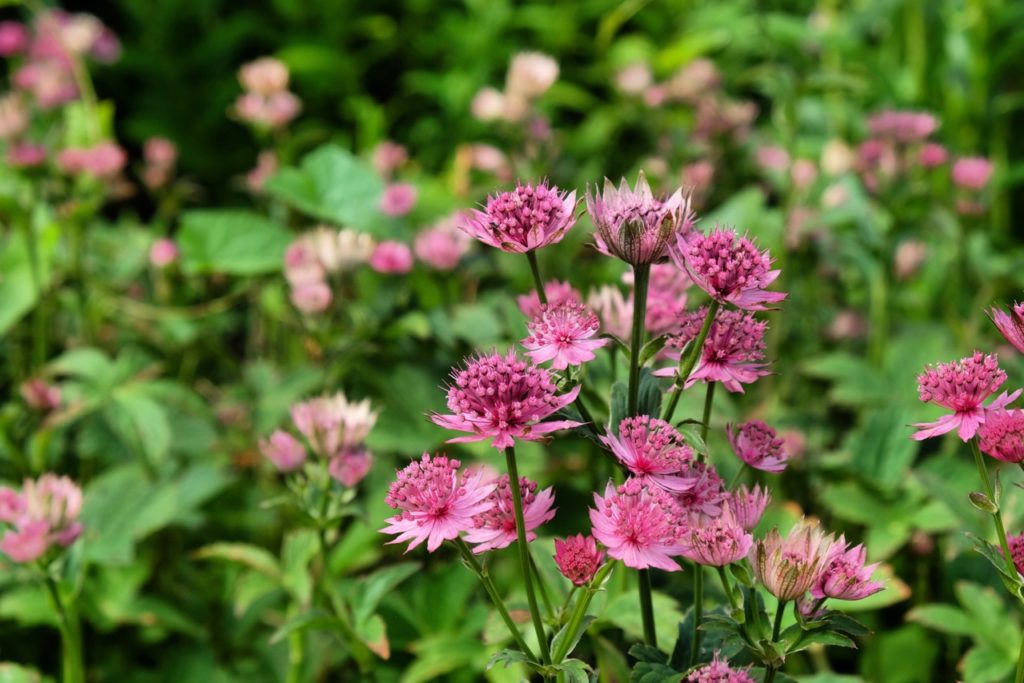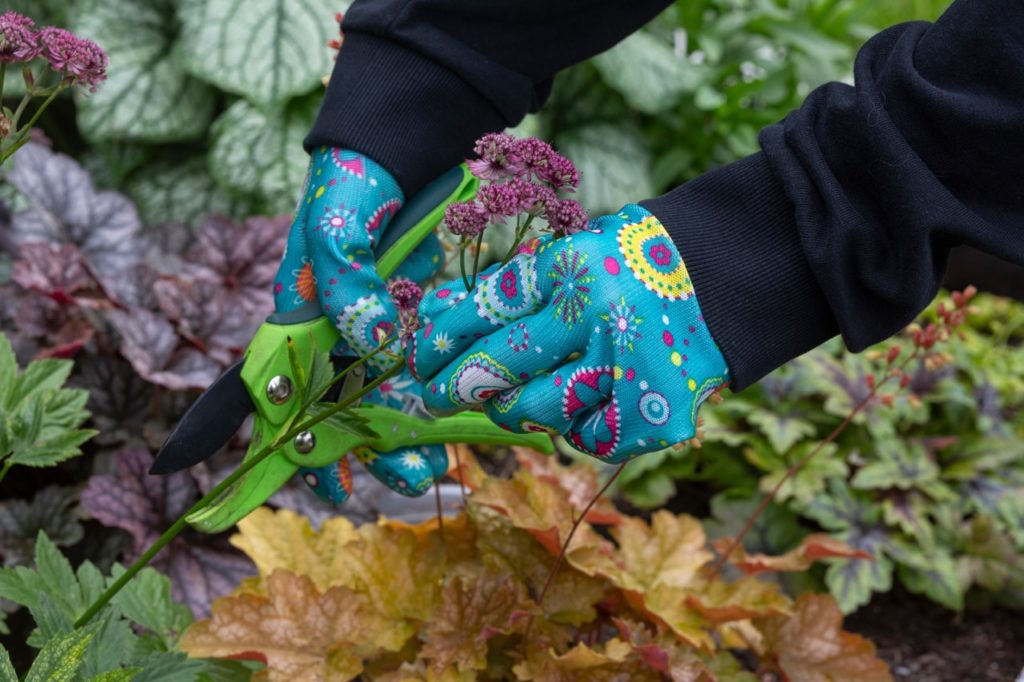perennial > ASTRANTIA > PRUNING
IN THIS GUIDE
ASTRANTIA GUIDES

DivisionPruningSowing
Astrantias are a great choice for a recurrent border , thriving in moist , mottled refinement .
They are passing easy plants to grow and care for , making them a great option for reasonably scummy - maintenance gardens .

As long as Astrantia are mature in a suitable emplacement , they will really require very trivial care .
Just check that that you cope with the plant ’s water needs and pick out the appropriate times to deadhead and rationalise your works .
To keep Astrantia levelheaded and search its good , there are two primary times to cut back :

Find out more about these processes of deadheading and cutting back Astrantia below .
When To Prune Astrantia
To further more blooms to imprint , it is a good idea to cut back the blossoming stems to the foot as soon as the first flowers begin to fade in around early July .
This promote new flowering development which prolongs the flowering menstruation .
you could also cut back Astrantias firmly to remove all the drained source - head stem and foliage .

This is a job that you may undertake in autumn to keep things looking neat , however , I ’d actually recommend that you hold off on this problem until March .
result herbaceous perennials in plaza over wintertime gives food and shelter for wildlife , so this is the best choice for a wildlife - friendly garden .
contract back in March , however , ascertain that there is plenty of space , air and light for Modern growth which will emerge in the springiness .

1) Deadhead In Summer
Astrantias will usually set about to blossom in June .
Deadheading will help to foreclose the industrial plant from create seeds and instead draw out the flowering period by encouraging further prime formation .
“ Astrantia can be cut back after their first rush of peak , as most varieties will then re - bloom the same year , ” explains Caroline Samuel from Letham Plants .
As the first peak of flowers begin to fade and before they go to seed , simply take a clean , sharp twain of secateurs or gardening shears and cut off the anthesis halt at the base .
“ Cut back your Astrantia , leave about 3 cm on the plant , ” say Caroline .
“ The leafage can also be sheer back if take care a bit mussy . ”
Remember , however , that you might also harvest the flowers for floral displays inside your dwelling house .
Cutting the florescence head off before they melt , you’re able to fall them upside down in a dry and quick location to dry .
Astrantia keeps well once fully dried and can be used to make attractive displays .
“ you may then edit out them back again in October or leave them until the leaping , ” Caroline tot up .
“ Some varieties are prolific self - seeders , so to avoid this , cut the bloom head up off before the source fall . ”
2) Cut Back Hard In March
Cutting back dead stems and leaf of Astrantia firmly in March will see practiced conditions for new maturation in saltation .
but take secateurs or gardening shear and cut off all the old , dead increment at the base .
This textile can then beadded to your composting systemso that the nutrient it contains can be revert to the system .
After cutting back Astrantia , this is a good time to add a mulch of organic matter around your plant .
An constituent mulch assist to put up fertility and moisture retention , thereby reducing the risk of powdery mildew infection which is encouraged by dryness at the roots of plants .
Mulching annually after pruning in other natural spring should help keep your Astrantia develop impregnable .